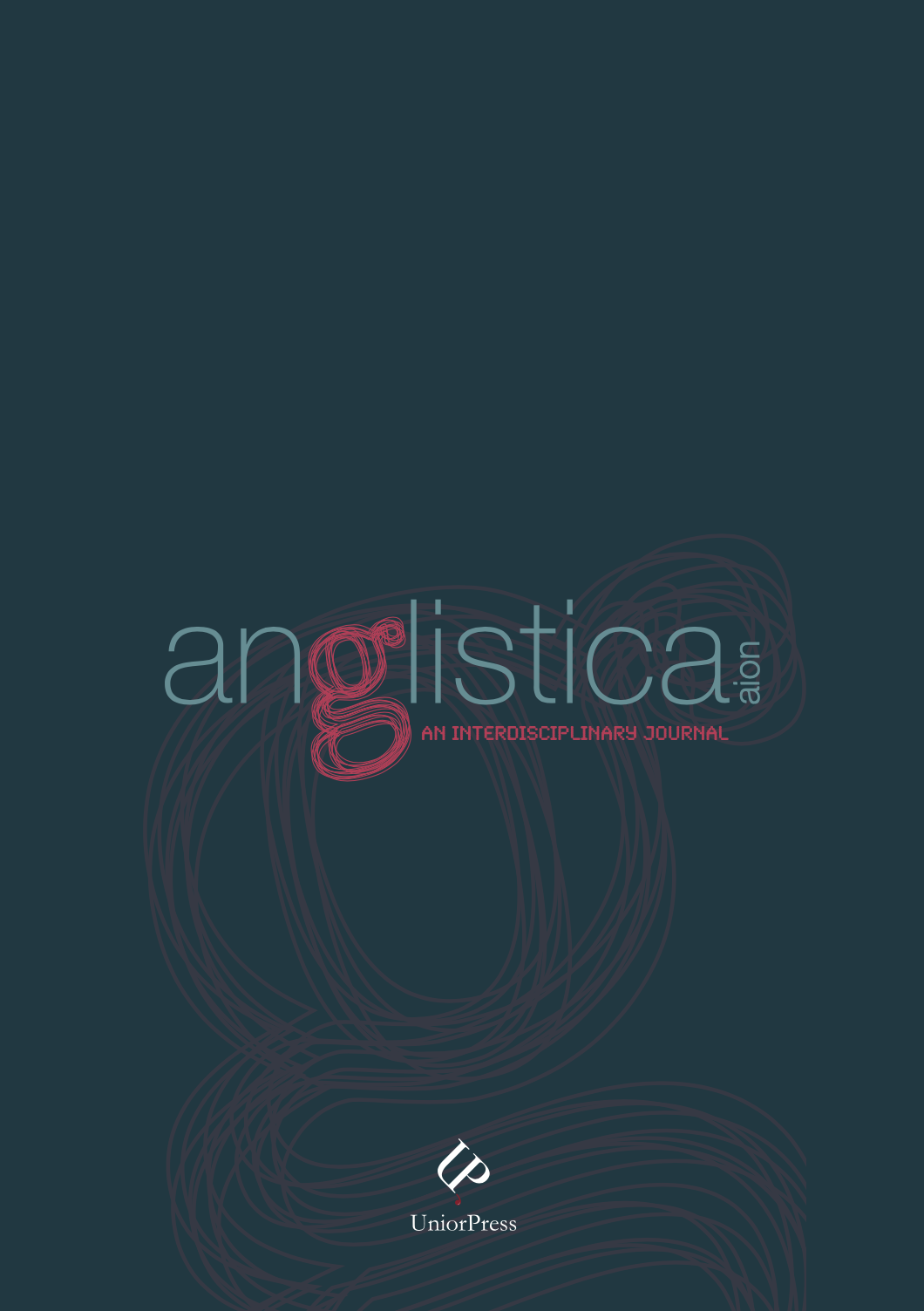Marketing Life after Death
Cryopreservation in the Hope of Resuscitation
Abstract
A small number of companies offer cryonics services to people intending to preserve their bodies after their death, until a moment in the future when medical progress allows the corpses to return to life by treating the condition that caused their life to end. While cryopreservation has long and successfully been used to store organs and tissues, including for reproductive purposes, cryonics has not succeeded yet in reviving dead humans. This study analysed the language used by cryonics providers a) to disseminate the (pseudo)scientific knowledge and technology behind cryonics and b) to market cryonics services through their websites. It found that cryonics discourse is disseminated as scientific discourse, and marketed like other, non-bioethically relevant services and products, in ways potentially misleading for the lay public. Cryonics is furthermore disseminated and advertised based on a negotiable notion of death that does not correspond to recognised ideas of clinical or legal death. Again, this entails a potential risk where stronger social actors may mislead weaker actors into making uninformed life-or-death choices; for this reason, a critical discourse approach can prove suitable to interpret the discourse of cryonics.


